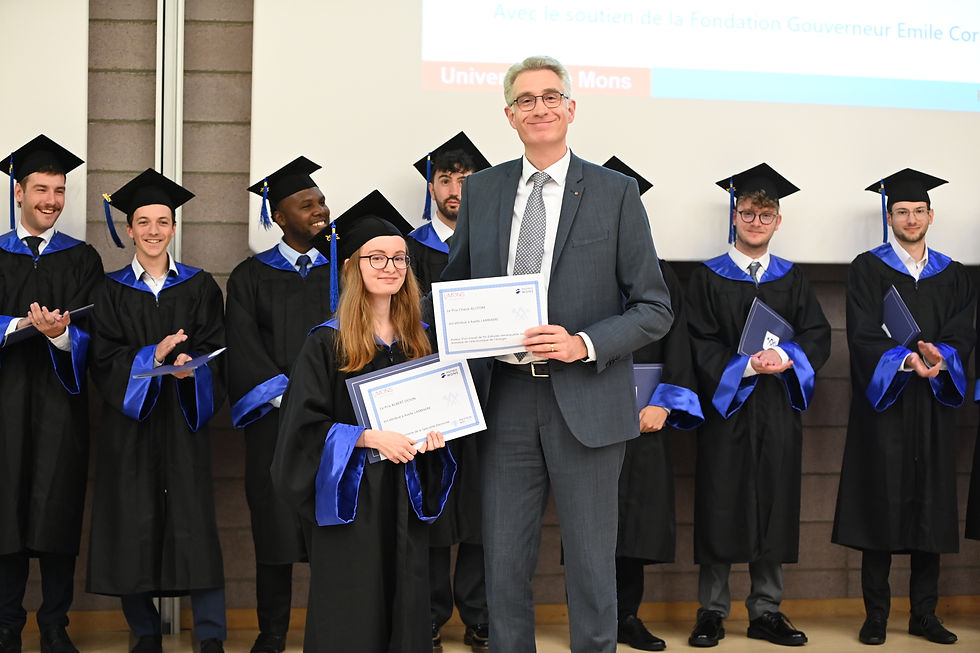PhD thesis public defence, Lorraine CODJO
- 9 nov. 2022
- 2 min de lecture

Thesis abstract:
The design of the electricity system has been re-thought within the integration of new “green and cost friendly” energy sources to suit with the changing energy scenario. These renewable energy sources are mainly characterized by reduced powers and are consequently connected in low voltage or medium voltage networks. Moreover, the European Directive of July 13th, 2009 requires to install some intelligent measurement systems in order to enable the active participation of consumers in the electricity supply market. These meters were initially deployed to allow the implementation of dynamic tariffs and thus active participation of consumers in the electricity market. The implementation and effective use of individual communicating Smart Meters (SM) is being generalized, as well in France as in Belgium. This research project explores scientific approaches for the modeling of electrical distribution networks with energy data measured by smart meters.
In the first part of this research work, we explore the possibility of increasing the observability of the network operation and determining physical degradations of lines and cables. By exploiting the measured data, a heuristic method makes it possible to find a network architecture that satisfies the measured operating points. The impedances between nodes are then identified. From the statistical analysis of these impedances over one year, the impact of temperature on the network’s lines and cables is analyzed as well as the impact on the voltage.
In the second part of this research work, the data are then used to investigate the influence of the insulation degradation on the voltage variations at the different nodes of the network. The electrical conductance variation of the cable insulation, due to the degradation of the insulating material, is analyzed. Considering the load demand and photovoltaic generation in the network as well as impedance data in different degradation conditions, interesting information are revealed about the probability of voltage variation appearance.
In the third part of this research work, several techniques of Machine Learning, are evaluated and compared to early detect the faults in Low Voltage (LV) cables. A comprehensive database is generated for linking nodal voltages variations with different cable degradation conditions and customer Net Demand changes. Generic Learning-based framework is implemented for multi class classification of LV network and some guidelines are proposed for distribution network operators, focused on the digitalization and reinforcement of LV networks.
The proposed frameworks, in this thesis, offer promising perspectives for the early identification of the Low Voltage cable conditions by using measurement data combined to some tools pertaining to the field of artificial intelligence. For distribution networks, the methods and tools developed in this thesis can help the maintaining, drastically enlarge the hosting capacity (increase in demand for households, new consumers, new renewable sources) and enable the cost-effective planning of reinforcement upgrades by identifying weaker parts of the network.




